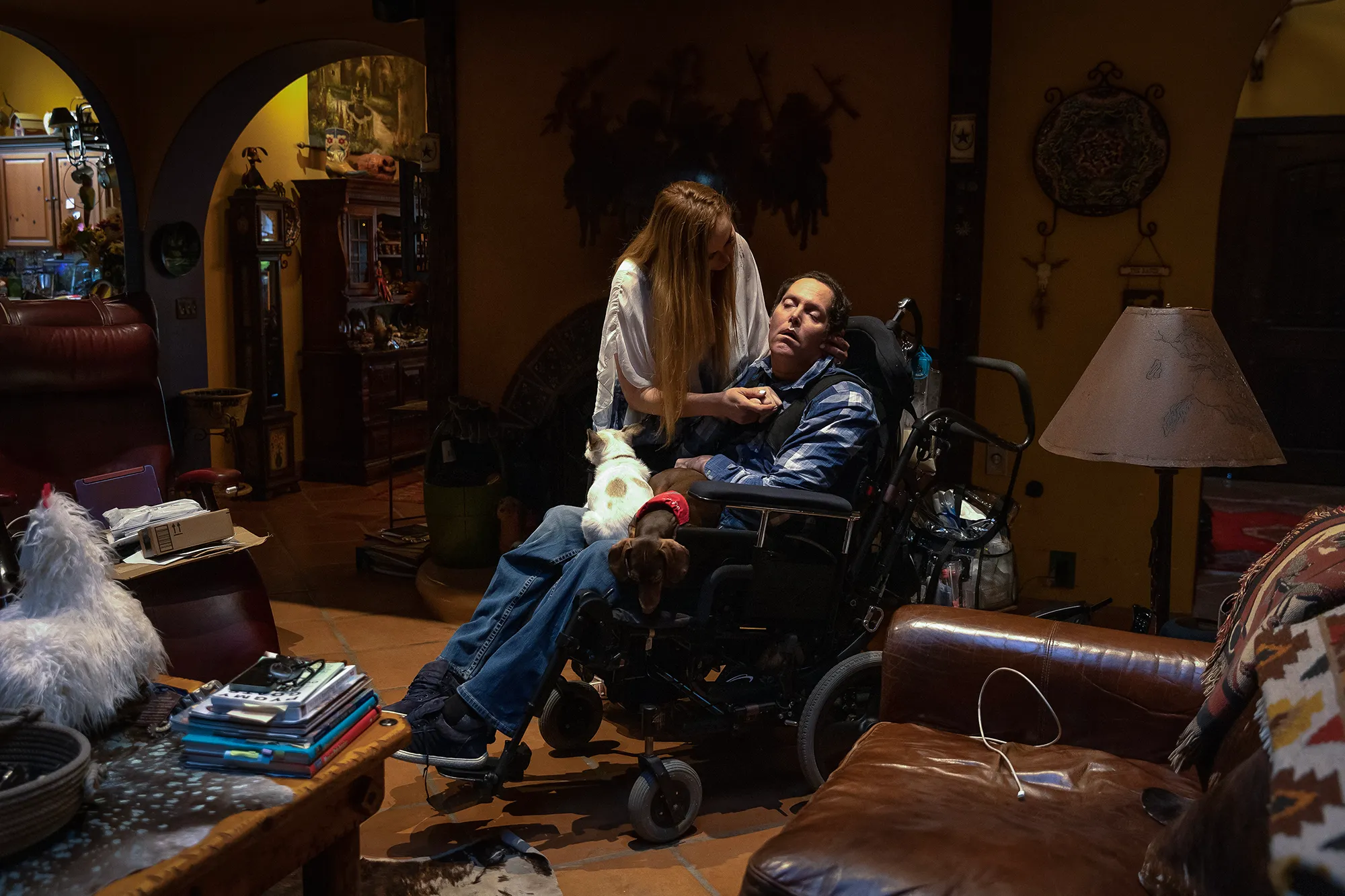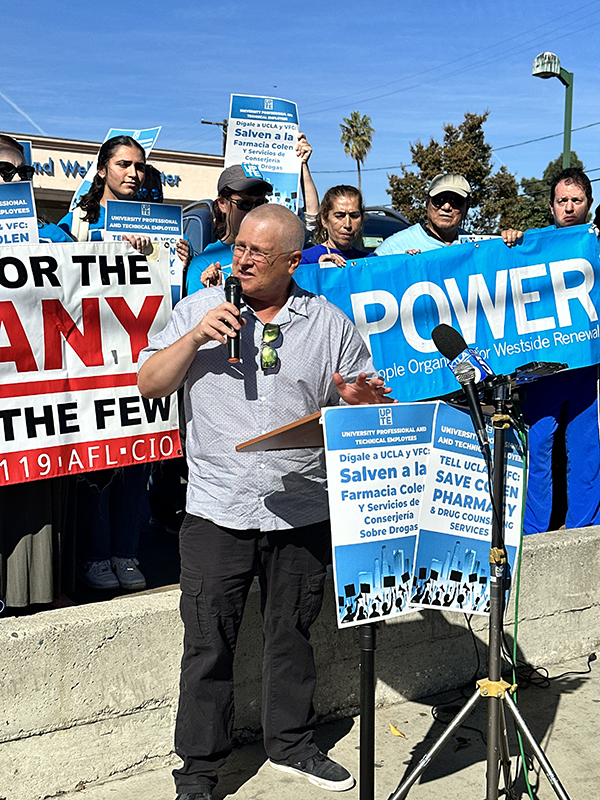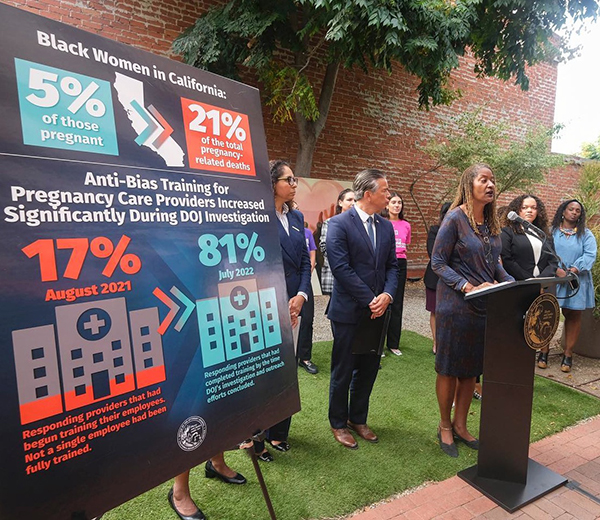By Janice Hayes Kyser
Contributing Writer
LOS ANGELES — Access, affordability, racism and cultural competence are among the barriers preventing Black and brown women in California from seeking mental health services, according to a new report.
The study, conducted by Black Women Organized for Political Action /TILE and Hispanas Organized for Political Equality polled 800 Black and brown women throughout the state to spotlight the challenges they face in accessing mental health care.
The report calls for key investments to be made by health care providers and universities to increase the number of women of color who enter mental health professions, for health care providers to lower costs, and for community groups to bridge the lack of knowledge women of color have about mental health care.
“The findings are spot on and definitely uplift an issue that has been pervasive in the Black community for quite some time,” said Rhonda Smith, executive director of the California Black Health Network, a statewide organization dedicated to advancing health equity for African Americans and Black immigrants in the nation’s third largest state.
“Spotlighting the impact of COVID and how that has exacerbated the mental health challenges in Black and brown communities and especially amongst women is important,” Smith continued. “We all know what it feels like to experience the stress from racism in every day life and within the health care system, when we’re just trying to get our basic needs met. So, I am pleased to see that this study spotlights this for women in our community.”
According to the report, Latino and Black Americans, young people, women, and those with low incomes are most at risk of mental health challenges and are the populations most burdened by the social determinants of health.
The added layer of the COVID-19 pandemic heightened economic crisis and instability, more visible expressions of white supremacy, anti-Blackness, anti-immigrant sentiment, and hate-crimes aimed at Black and brown communities have increased this burden exponentially.
In addition, the study found that current health and mental health care delivery and support systems have not been designed or equipped to support the needs of Black women and Latinas. According to the Medical Board of California, only 4% of active psychiatrists practicing in California are Latino and only 2% are Black.
“We have known that racism and discrimination take a toll on the mental health of our communities, and now we must factor in the disproportionate and lingering effects of the pandemic on communities of color,” said LaNiece Jones, executive director of the Black Women Organized for Political Action. “What matters now is that we don’t sweep these added challenges aside but treat these barriers in mental health care for what they are, a crisis in care that must be urgently addressed.”
Key findings from the survey include racism and discrimination take a toll on the mental health of Black women and Latinas.
- 77% of respondents report having experienced some form of discrimination because of their race or ethnicity, physical appearance, or other personal characteristic.
- And 69% report their experiences with racism or discrimination negatively impacted their emotional well-being or mental health.
Black women and lower-income women also are among the most burdened by the impact of racism and discrimination on their mental health. Thirty-nine percent of uninsured Black women, 31% of Black Gen X women (ages 42-56) and 31% of women with household incomes of $50K or less claim they have felt that impact.
Numerous barriers to mental health care exist for Black women and Latinas including more than 3 in 5 (62%) California Black women and Latinas report having a mental health concern for which they did not seek care from a provider, and 52% say it is difficult to find a counselor, therapist or mental health care provider who shares their values or comes from a similar background.
The monetary and opportunity costs — inability to take time off work, length of time to appointment and transportation — rank as top barriers.
Risks associated with care such as being over-prescribed medication, misdiagnosed, breaches of privacy and treatment from providers without cultural competency also are concerns.
“When it comes to health care, and mental health specifically we cannot underestimate the value of seeing someone who looks like you, speaks your language and understands your reality,” says Helen Torres, CEO of Hispanas Organized for Political Equality.
Torres says the next steps include sharing the study with state legislators, community colleges as well as conducting a series of community listening sessions and job fairs to promote mental health careers to Black and brown youth. The research was made possible through a grant from Kaiser Permanente Norther California Benefit Program.













